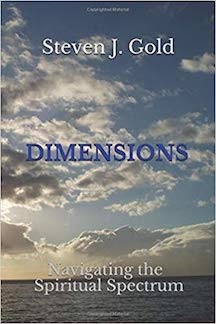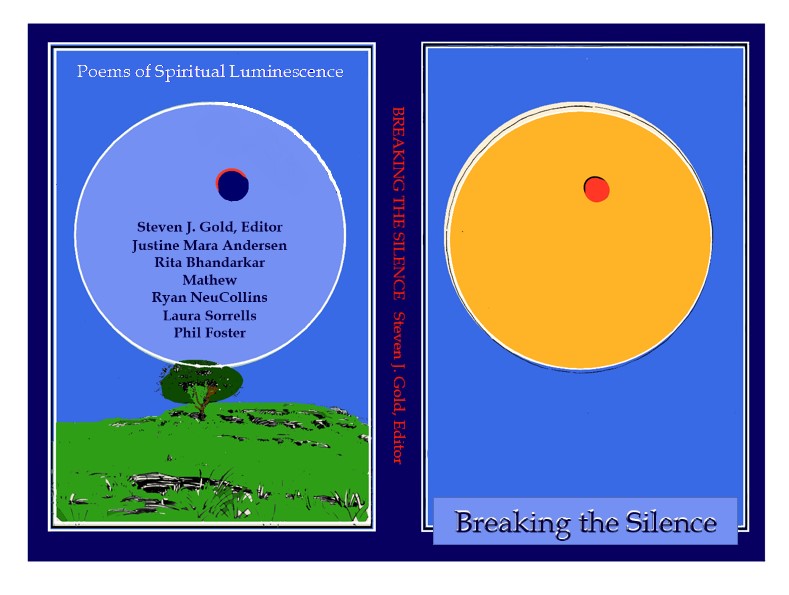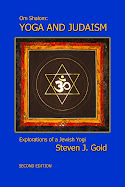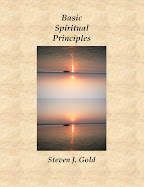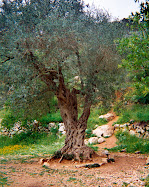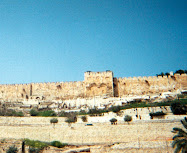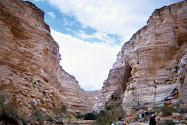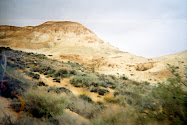The root Halal, however, has two other meanings which are very significant from our viewpoint. The first is that of brightness and shining, as in the verses, “Behold the moon does not shine (halal)" (Job 25:5), and, “When [God’s] lamp shined (halal) over my head” (Job 29:3). The second connotation is that of madness, as in the noun Holelut, referring to the demented state in many places in the Bible.
This would therefore indicate that the word Halal denotes a state where one leaves his normal state of consciousness, and at the same time, perceives spiritual Light. It is distinguished from the many other Hebrew terms for praise, since Halal is praise designated for attaining enlightenment through a state of oblivion.
The relationship between enlightenment and madness should not be too difficult to understand, since the Bible explicitly relates madness to prophecy. In one place, a prophet is called a madman, and the leading commentator, Rabbi Isaac Abarbanel, comments, “They called him mad, since as a result of his meditation (hitbodedut), he appeared demented, not paying attention to mundane affairs.”
In another place we find an even more explicit parallelism. God says, “Every man who is mad, who prophesies, shall be put in the stocks” (Jeremiah 29:26). Here again, the commentaries, most notably Rabbi David Kimchi, state that many people considered the prophets to be mad because of their unusual actions. It was not unusual then, to use the term “prophet” as a synonym for madman.
The word Halal is thus related to the roots Lahah and Lo, which, as discussed above, denote states of negation. It is also related to the root Chalal, meaning hollow, especially in a spiritual sense. Such a level of “hollowness” is closely related to prophecy, this being the level of King David, who said of himself, “My heart is hollow (chalal) within me” (Psalms 109:22).
All this indicates that Halal denotes negation of the senses and ego in the quest of enlightenment. The Psalms were therefore called Tehillim because they were especially designed to help one attain this exalted state.
This philological analysis might not be conclusive if it were not backed up by a solid tradition. In the Talmudic tradition there is a clear indication that the Psalms were used to attain the state of enlightenment called Ruach HaKodesh.
If one looks at many Psalms, one sees that they begin with either the phrase, “A Psalm of David” (Mizmor LeDavid) or “Of David, a Psalm” (LeDavid Mizmor). The Talmud states that when a Psalm begins with the phrase, “Of David, a Psalm,” this indicates that he recited the Psalm after he had attained Ruach HaKodesh. But when the Psalm begins with “A Psalm of David,” it means that David actually made use of the Psalm in order to attain his state of enlightenment. Thus at least eighteen of the Psalms were specifically composed as a means of attaining higher states of consciousness.
--from Meditation and the Bible by Aryeh Kaplan

